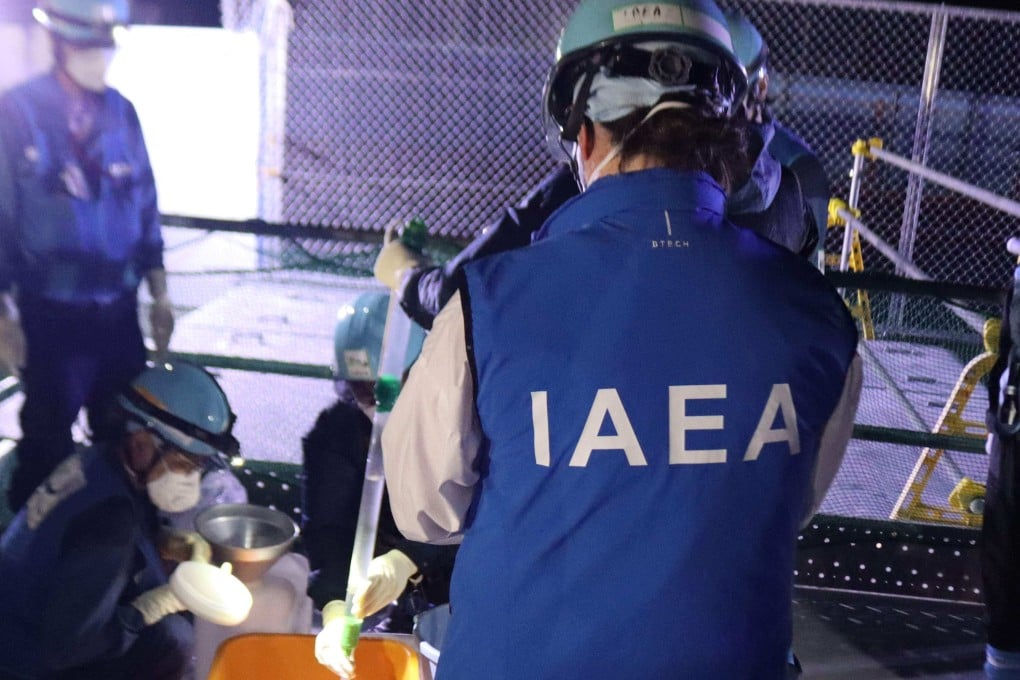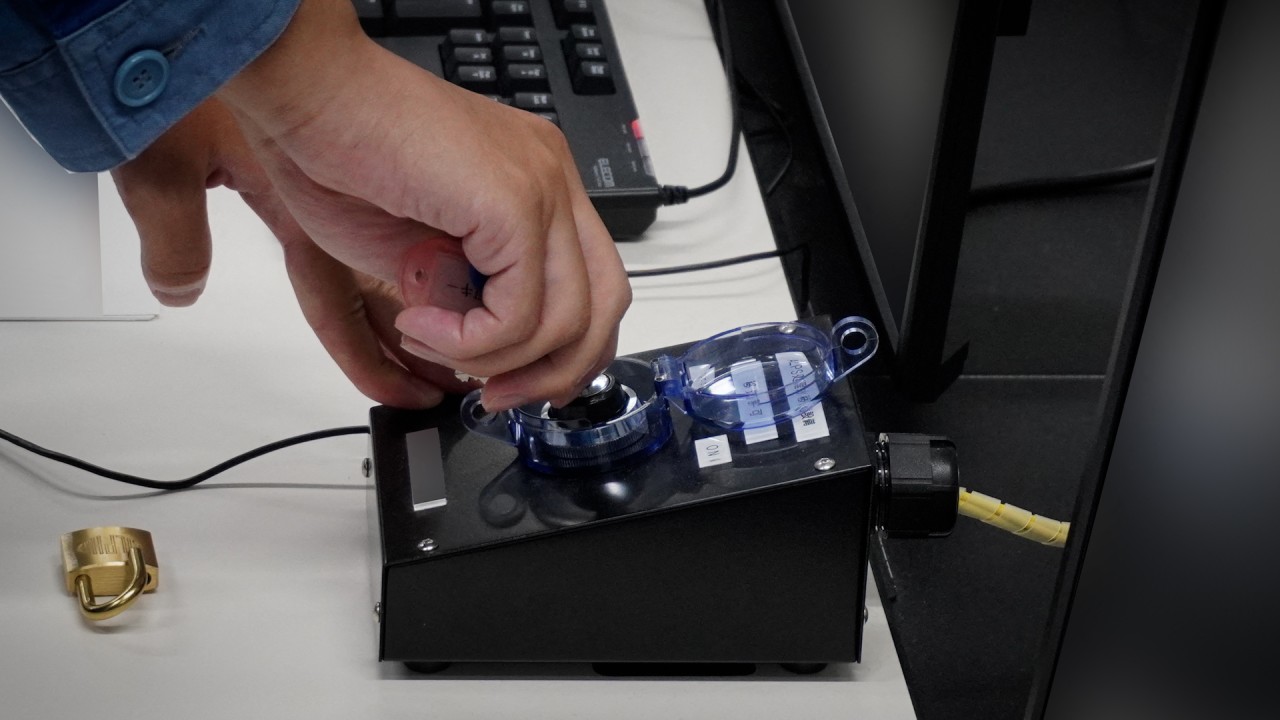China joins mission to test seas, marine life around Japan’s Fukushima nuclear plant for radioactive content
- IAEA inter-lab mission to test water, sediment and seafood follows second waste discharge from stricken plant
- This is the first time a Chinese lab has joined an ILC marine mission to the tsunami-wrecked site since they started in 2014.

In the mission lasting until Monday, experts from Health Canada, the Korea Institute of Nuclear Safety and the Third Institute of Oceanography of China’s Ministry of Natural Resources will seek to determine whether there are significant statistical differences in results between laboratories.
It is the first time a Chinese lab has joined an ILC environmental monitoring mission to the Japanese site since they started in 2014.
Two staff from IAEA Marine Environment Laboratories in Monaco are also taking part in the monitoring missions. The teams will send “identical samples” to their respective labs for analysis, according to the agency.
The ILC missions began “at the request of the Japanese government” according to a press release last week from Japan’s Nuclear Regulation Authority.

